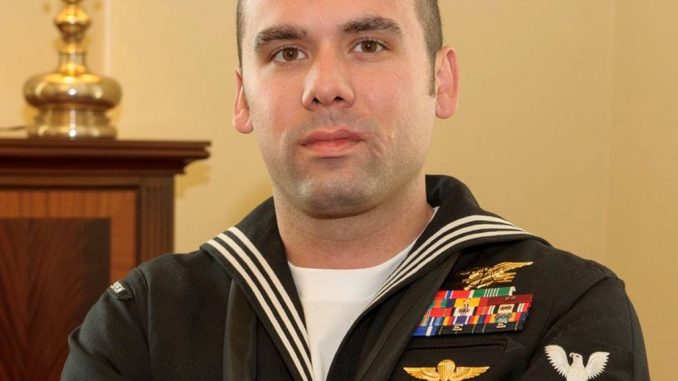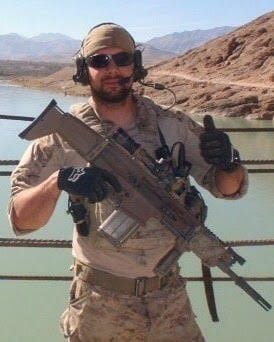

House and Senate lawmakers have an opportunity to save the lives of veterans and service members who are perilously disconnected and pondering suicide by supporting a burgeoning grassroots effort to designate an annual “National Warrior Call Day.”
The need for a renewed and reinvigorated national effort to stem military suicides is even more pressing following the rapid reversal of fortunes in Afghanistan, where more than 775,000 U.S. service members deployed at least once in the last 20 years and whose veterans already are suffering a high rate of suicide.
Wherever one falls on the continuum of supporting America’s longest war, the anguish and frustration of many who served there, their questioning of whether it was worth the precious price, will have a long shelf life for years to come.
The inaugural National Warrior Call Day, which if approved by Congress and signed into law by the president, would take place Nov. 21. The day would mark a coast-to-coast call to action to connect with vets and service members. It asks that all Americans make a call to a warrior, with someone who has worn or is currently wearing the uniform, and connect them with supports if necessary.
What is driving the push for the annual designation is the disquieting fact that as many as two-thirds of the veterans who take their own lives are terribly disconnected and have had no contact with the Department of Veterans Affairs network of services and supports. Connecting with these warriors, especially those who have cycled through Afghanistan and Iraq, can make all the difference.
A related and pressing concern is that a swath of those who are disconnected and die by suicide may have undiagnosed brain injuries. As the proposed congressional resolution notes, “invisible wounds linked to an underlying and undiagnosed traumatic brain injury can mirror many mental health conditions, a problem that can be addressed through connections to members of the armed forces and veterans who can better identify and address these wounds.”
A resolution establishing a National Warrior Call Day in the U.S. House of Representatives has growing bipartisan support, but at present there is no companion legislation in the Senate.
The need for a National Warrior Call Day has never been greater.
Among current service members, a total of 377 current duty service members died by suicide in 2020. That number is up from 348 in the prior year. Active-duty suicides have been steadily increasing since 2016 when there were 280.
For veterans, after adjusting for sex and age, veteran suicide was 27.5 per 100,000 individuals, up from 25.8 per 100,000 two years before. By comparison, among all U.S. adults, the suicide rate per 100,000 was much lower at 18.3. In a solemn metric that underscores the breadth of the tragedy, more than 6,000 veterans have died each year by suicide since 2008.
The statistics are particularly troubling among post-Sept. 11 veterans and active-duty service members who fought in Afghanistan and Iraq and are between 18-years-old and 34-years-old. Their suicide rate is 2.5 times that of all civilians. A recent Brown University report estimates that 30,177 active-duty personnel and veterans of these wars have died by suicide, far more than the 7,057 service members killed in those wars.
Desmond Tutu observed that “ordinary acts of love and hope point to the extraordinary promise that every human life is of inestimable value.”
Here is an opportunity to do something so simple and so ordinary by making a call that can result in the extraordinary — in a connection tethering someone to hope where there was none before.
Greater human connection is what is going to turn the tide and save our nation’s bravest.
Frank Larkin and Leroy Petry are co-chairs of the Warrior Call initiative. Larkin is a former Navy SEAL, 40th US Senate Sergeant at Arms and father of a Navy SEAL son who took his own life. Petry is a 2011 recipient of the Medal of Honor, the nation’s highest military honor.
Editor’s note: This is an Op-Ed and as such, the opinions expressed are those of the author. If you would like to respond, or have an editorial of your own you would like to submit, please contact Military Times senior managing editor Howard Altman, haltman@militarytimes.com.



Be the first to comment